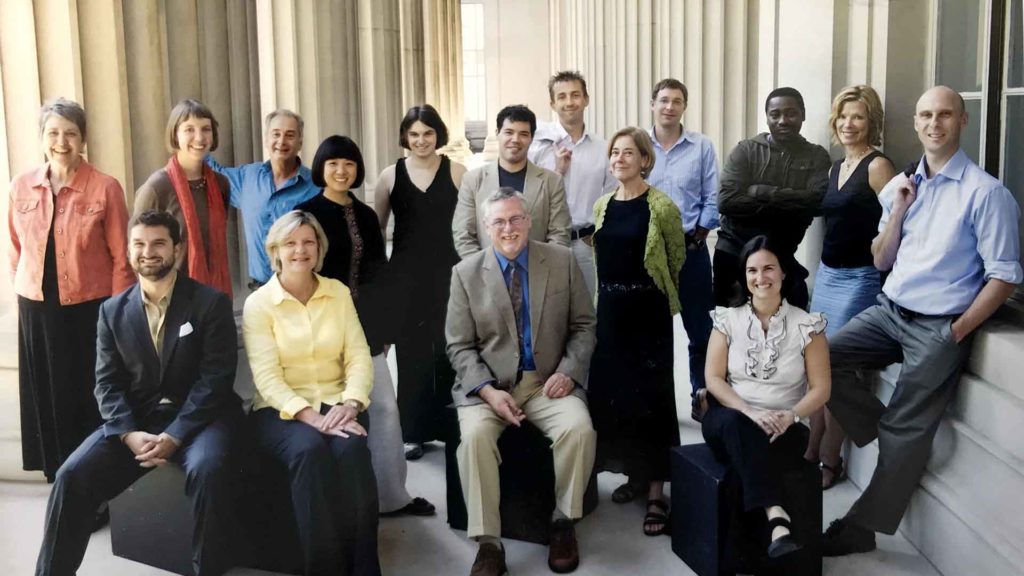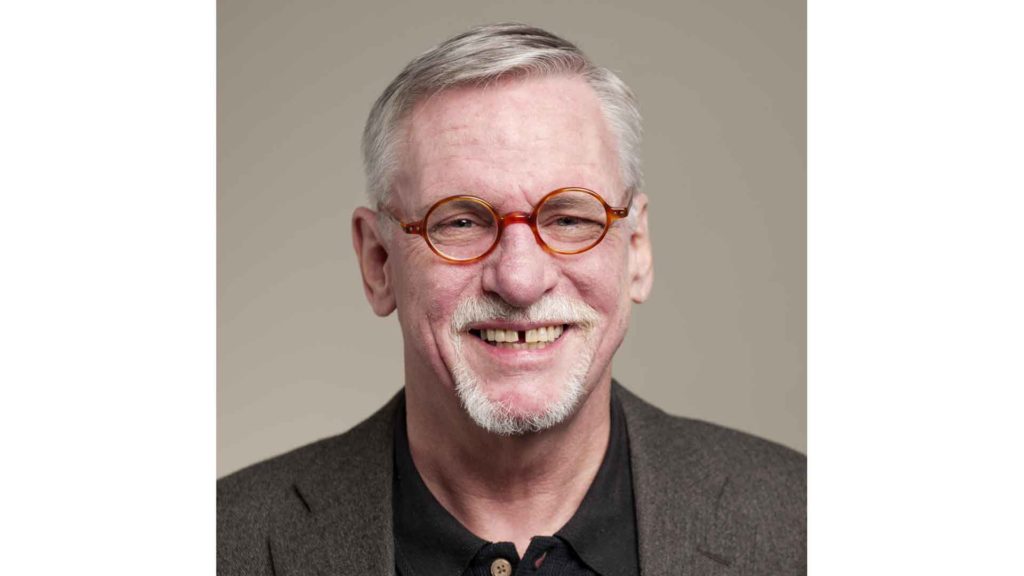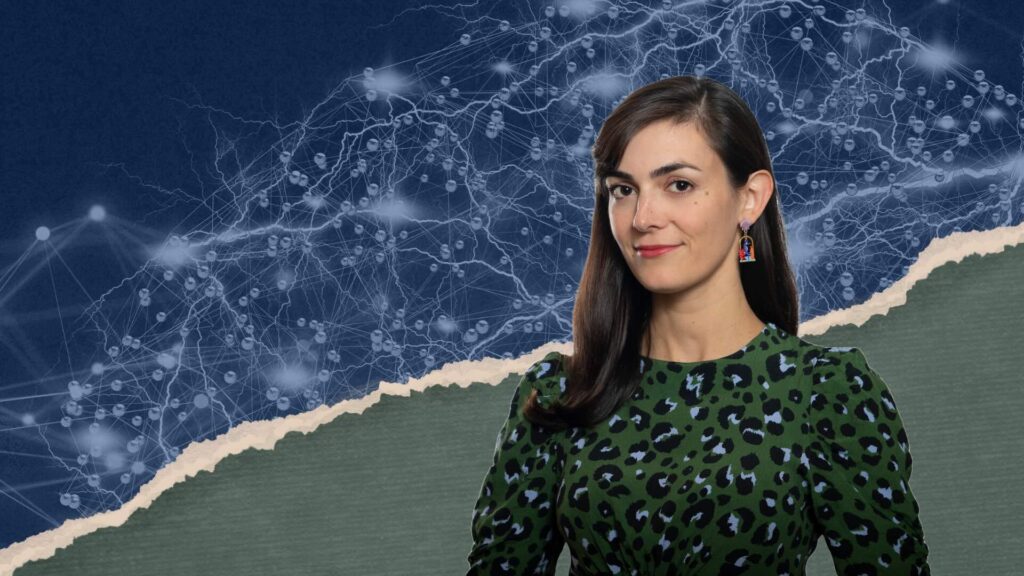Philip J. Hilts, an acclaimed health and science reporter who helmed MIT’s Knight Science Journalism (KSJ) Fellowship Program from 2008 to 2014, died on April 23 at the age of 74. He is remembered by his colleagues as a cherished friend, a kind and supportive mentor, and a peerless reporter and writer. “Phil was instrumental in expanding KSJ’s international outreach and mentoring and encouraging scores of fellows,” said current Knight Science Journalism Program director Deborah Blum. “He’ll be dearly missed.”
Hilts became KSJ’s director in 2008 following a decades-long career as a reporter for publications such as The New York Times and The Washington Post. During his six years at MIT, he was a transformative leader, ushering in an era of growth for KSJ’s popular media criticism blog, “The Tracker,” and expanding the reach of the program’s science journalism boot camp series. Hilts built on the program’s tradition of hosting 12 residential fellows each academic year, creating a 13th “project fellowship” to support a journalist pursuing an in-depth reporting endeavor. All told, Hilts mentored more than 70 fellows from the U.S. and abroad during his tenure at KSJ, and he left an indelible impression on countless others in the journalism community.
“I’ll remember Phil not only as an advocate for good science journalism and for the Knight Fellows, but also as a friend to former fellows,” wrote Craig Simons, a member of the 2009-10 class of Knight Science Journalism Fellows. “He continued to offer me sound advice years after we’d both left MIT.”
In two decades at the New York Times and the Washington Post, Hilts wrote more than 300 front page stories, covering a spectrum of topics that included underwater volcanos, flawed science in the courtroom, and deceit in the medical device industry. He is perhaps best known for a 1994 New York Times investigation that exposed tobacco executives’ decades-long coverup of the dangers of cigarette smoking. Hilts later chronicled that story in his critically acclaimed book, “Smokescreen: The Truth Behind the Tobacco Industry Cover-up,” one of six books he authored during his career. His 2004 history of the Food and Drug Administration, “Protecting America’s Health: The FDA, Business, and One Hundred Years of Regulation,” won the Los Angeles Times Book Prize for Science and Technology. “Scientific Temperaments: Three Lives in Contemporary Science,” Hilts’ intimate exploration of the human side of scientific inquiry, was a finalist for the National Book Award. “Phil was a lovely guy. And one hell of a journalist,” noted Cathy Clabby, a member of the 2007-2008 fellowship class.

A native of Chicago and a graduate of Georgetown University, Hilts accrued a long list of honors and prestigious appointments over his career. He was a 1985 Nieman Fellow at Harvard University, a 2002-03 Magee Journalism Fellow in Southern Africa, at the University of Botswana, and a 2008 Fellow at Harvard’s Shorenstein Center on Media, Politics, and Public Policy. “Over the years, we all deeply respected Phil’s intellectual range, all the way from complex discoveries to challenges for human well-being,” recalled Victor K. McElheny, who served as KSJ’s inaugural director from 1983 to 1998.
Hilts is survived by his wife, Una MacDowell, several siblings and children, and a grandson. Through his lifelong dedication to producing — and helping others produce — science journalism of the highest caliber, Hilts leaves an enduring legacy. “As Knight director, Phil connected countless journalists to the wonders of MIT, Harvard, and beyond, helping expand minds and careers,” wrote 2011-12 Knight Science Journalism Fellow Eli Kintisch. “[That] experience meant new ideas in our heads, new colleagues and friends, new skills and even beats, followed by our articles, podcasts, books, videos. His legacy is that bounty of knowledge out in the world, making people everywhere a little smarter and maybe even more humane.”





I am particularly pained by Phil’s death. I read about it on the facebook wall of former colleague on the KSJ Fellowship programme on my birthday. Phil was highly instrumental to my settling down quickly in the United State for the fellowship programme. He was the one who picked my the airport upon arrival and was constantly wanting to known how i was settling in for life in cambridge. I met again at afterwards, but never thought it would be the last.
Rest In Peace Phil.
I was saddened to learn of Philip Hilts’ obituary when I wanted to ask him some questions about his career.
Phil went to high school with my brother, Bill (William) Ehret and he interviewed my father, a scientist at Argonne Nat’l Laboratory 45 years later (around 2005) but I never had time to follow-up on Phil’s achievements.
I also remember his father was an author. (And then there were eight.)